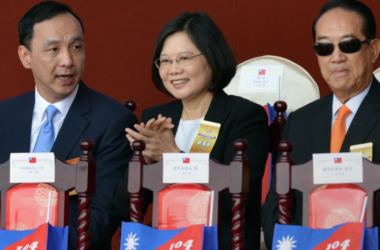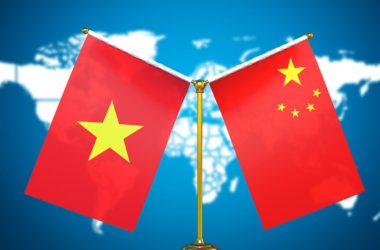China’s top decision-making body, the Politburo of the ruling Communist Party, has announced plans to stimulate domestic demand and reinforce economic recovery in 2024, according to state media reports on Friday. The government’s move follows a series of measures implemented in recent months to address challenges posed by a sluggish post-pandemic economic rebound, including a property crisis, local government debt risks, slow global growth, and geopolitical tensions. This article explores the key points highlighted by the Politburo and the proposed strategies to strengthen China’s economic outlook.
In response to the economic challenges, China has introduced various measures to support its post-pandemic recovery. These efforts come amid concerns raised by Moody’s, which issued a downgrade warning on China’s credit rating, citing the costs associated with addressing debt-laden local governments, managing the property crisis, and the impact on the growth prospects of the world’s second-largest economy.
The Politburo emphasized its commitment to maintaining a proactive fiscal policy, indicating a moderate strengthening. Additionally, a prudent monetary policy is set to be “flexible, moderate, precise, and effective.” President Xi Jinping, who chaired the meeting, highlighted the importance of enhancing the consistency of macroeconomic policies.
China’s overarching goals for 2024 include effectively boosting economic vitality, preventing and resolving risks, improving social expectations, and consolidating and enhancing the positive trend of economic recovery. The country aims to promote the effective improvement of the economy’s quality and encourage reasonable growth. Key strategies involve expanding domestic demand, fostering a virtuous cycle of consumption and investment, deepening reforms in critical areas, and injecting strong impetus into high-quality development.
President Xi Jinping, in a meeting with non-Communist Party representatives, emphasized that the country’s economic recovery remains at a critical stage. This underscores the importance of ongoing efforts to navigate economic challenges successfully.
Analysts anticipate China’s growth to align with the government’s target of around 5% for the current year. However, uncertainties persist, given the lingering effects of the COVID-19 pandemic. The Politburo’s economic work meeting is a precursor to the Central Economic Work Conference, where government advisers are expected to recommend a steady growth target for 2024, with fiscal policy likely playing a leading role.
Economists predict that China may set a fiscal deficit target of 3.5%-3.8% of GDP for 2024, along with a special local government bond quota of approximately 4 trillion yuan ($560 billion), exceeding this year’s 3.8 trillion yuan. The central bank has already initiated modest interest rate cuts and increased liquidity to support economic growth.
As China navigates the complexities of its economic landscape, the Politburo’s outlined strategies aim to bolster domestic demand, foster economic recovery, and position the nation for sustainable growth in 2024. The upcoming Central Economic Work Conference is expected to provide further insights into China’s economic agenda and policy directions.








